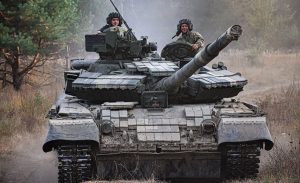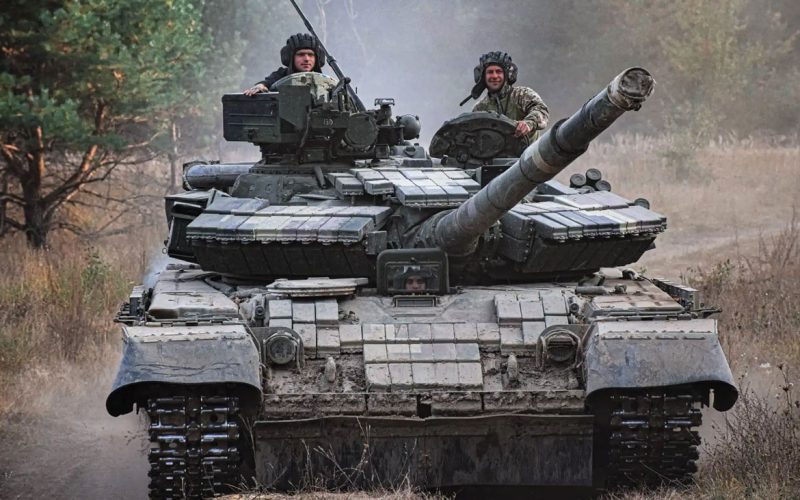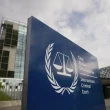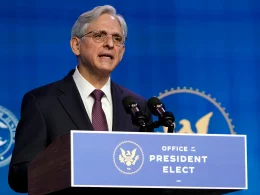The Israeli-Palestinian conflict, one of the most enduring and volatile conflicts in modern history, once again flared up as Israeli tanks entered central Rafah, a move laden with implications for the region. This action, amidst the backdrop of a longstanding territorial dispute, has reignited tensions and raised concerns about the escalation of violence. In this article, we delve into the context, ramifications, and potential outcomes of this provocative move.
Context of the Conflict

The Israeli-Palestinian conflict traces its roots back to the mid-20th century, with competing claims over the land of historic Palestine. Over the decades, numerous wars, intifadas, and peace efforts have failed to resolve the underlying issues, resulting in a cycle of violence, mistrust, and suffering for both Israelis and Palestinians. Central to the conflict is the question of borders, with disputes over territory, settlements, and control of key areas such as Rafah.
Israeli Incursion into Rafah
The recent incursion of Israeli tanks into central Rafah represents a significant escalation in hostilities. Rafah, located in the southern Gaza Strip, has been a flashpoint in the conflict, with its strategic importance heightened by its proximity to the Egyptian border. The entry of Israeli tanks into this densely populated area not only poses immediate risks to civilians but also raises questions about Israel’s military objectives and long-term intentions in the region.
Implications for Peace Efforts
The timing of the Israeli incursion into central Rafah is particularly concerning given recent diplomatic efforts to revive peace talks. International mediators have been working tirelessly to broker a ceasefire and pave the way for negotiations aimed at a two-state solution. However, the provocative actions by Israeli forces undermine these efforts and erode trust between the parties involved. The unilateral nature of the incursion further complicates the path to peace, leaving little room for meaningful dialogue or compromise.
Palestinian Response and Regional Dynamics
In response to the incursion, Palestinian leaders have condemned the Israeli aggression and called for international intervention to halt further escalation. However, the Palestinian Authority’s ability to influence events on the ground remains limited, especially in the face of Israeli military superiority. Meanwhile, neighboring countries such as Egypt and Jordan have expressed concerns about the potential spillover effects of the conflict and have called for restraint from all parties involved.
Analysis Table
| Aspect | Israeli Action | Palestinian Reaction |
|---|---|---|
| Military Objective | Increase presence in strategic area | Condemnation and calls for international intervention |
| Diplomatic Implications | Undermines peace efforts | Highlights need for international mediation |
| Humanitarian Impact | Endangers civilian lives | Raises concerns about safety and access to essential services |
| Regional Stability | Heightens tensions | Prompts calls for de-escalation and dialogue |
Comparative Table
| Aspect | Israeli Tanks Enter Central Rafah | Previous Escalations |
|---|---|---|
| Military Objective | Strategic positioning | Retaliation or preemptive strikes |
| International Reaction | Condemnation and calls for intervention | Mixed responses, including calls for restraint and dialogue |
| Duration of Incursion | Ongoing presence | Varied, ranging from brief to prolonged |
| Impact on Civilians | High risk to civilian lives | Significant civilian casualties and displacement |
| Regional Implications | Increased tensions and instability | Ripple effects on neighboring countries and regional dynamics |
Conclusion
The entry of Israeli tanks into central Rafah represents a dangerous escalation in the Israeli-Palestinian conflict, with far-reaching implications for peace, stability, and humanitarian conditions in the region. As international attention focuses once again on the plight of Palestinians and the need for a just and lasting solution, the actions of both parties will be closely scrutinized, with hopes pinned on diplomacy to prevent further bloodshed and pave the way for a future of coexistence and mutual respect.












